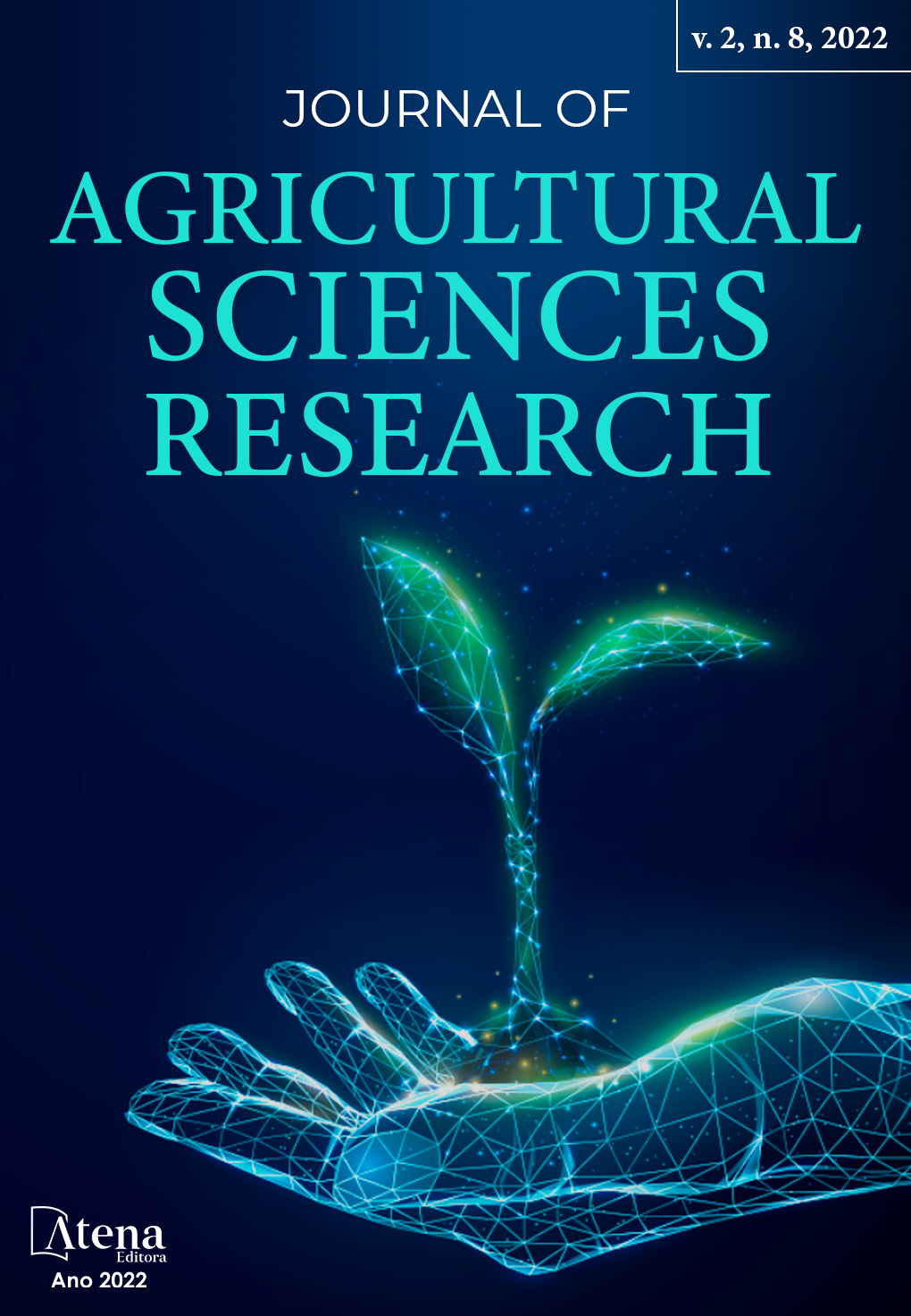
USE OF SIMULATORS AND GAMIFICATION IN THE TEACHING OF VETERINARY MEDICINE AS A HELP FOR ACADEMIC PRACTICES
The teaching of health sciences, especially veterinary science, is linked to the use of live models or cadavers for their experiments and classes, which may conflict with the guidelines established by the Animal Use Ethics Commission (CEUA). As a result, higher education institutions are constantly looking for alternatives to the use of animals in classrooms in order to comply with CEUA guidelines, in addition to providing the student with a greater experimental experience of the techniques and theoretically acquired knowledge. In parallel with this, there is a growing trend in the use of simulators, Information and Knowledge Technologies (ICTs) solutions, or even synthetic models, which end up encompassing both the animal welfare aspect and the offer to the user/ student of the possibility of experiencing, in a system of simulated, objective and controlled practice, what would happen in the real world. In Brazil, especially in Ceará, this type of technology is little used in higher education institutions, however, in some universities there are already researches in this sense, apart from commercial software that can be used, but there is still much to be researched, developed and implanted.
USE OF SIMULATORS AND GAMIFICATION IN THE TEACHING OF VETERINARY MEDICINE AS A HELP FOR ACADEMIC PRACTICES
-
DOI: 10.22533/at.ed.973282222073
-
Palavras-chave: Veterinary Medicine. Practice. Alternative. simulators. Gamification.
-
Keywords: Veterinary Medicine. Practice. Alternative. simulators. Gamification.
-
Abstract:
The teaching of health sciences, especially veterinary science, is linked to the use of live models or cadavers for their experiments and classes, which may conflict with the guidelines established by the Animal Use Ethics Commission (CEUA). As a result, higher education institutions are constantly looking for alternatives to the use of animals in classrooms in order to comply with CEUA guidelines, in addition to providing the student with a greater experimental experience of the techniques and theoretically acquired knowledge. In parallel with this, there is a growing trend in the use of simulators, Information and Knowledge Technologies (ICTs) solutions, or even synthetic models, which end up encompassing both the animal welfare aspect and the offer to the user/ student of the possibility of experiencing, in a system of simulated, objective and controlled practice, what would happen in the real world. In Brazil, especially in Ceará, this type of technology is little used in higher education institutions, however, in some universities there are already researches in this sense, apart from commercial software that can be used, but there is still much to be researched, developed and implanted.
-
Número de páginas: 10
- Aline Brito de Almeida
- Matheus Wagner Paulino de Sousa
- Valmenia Lima Barros


